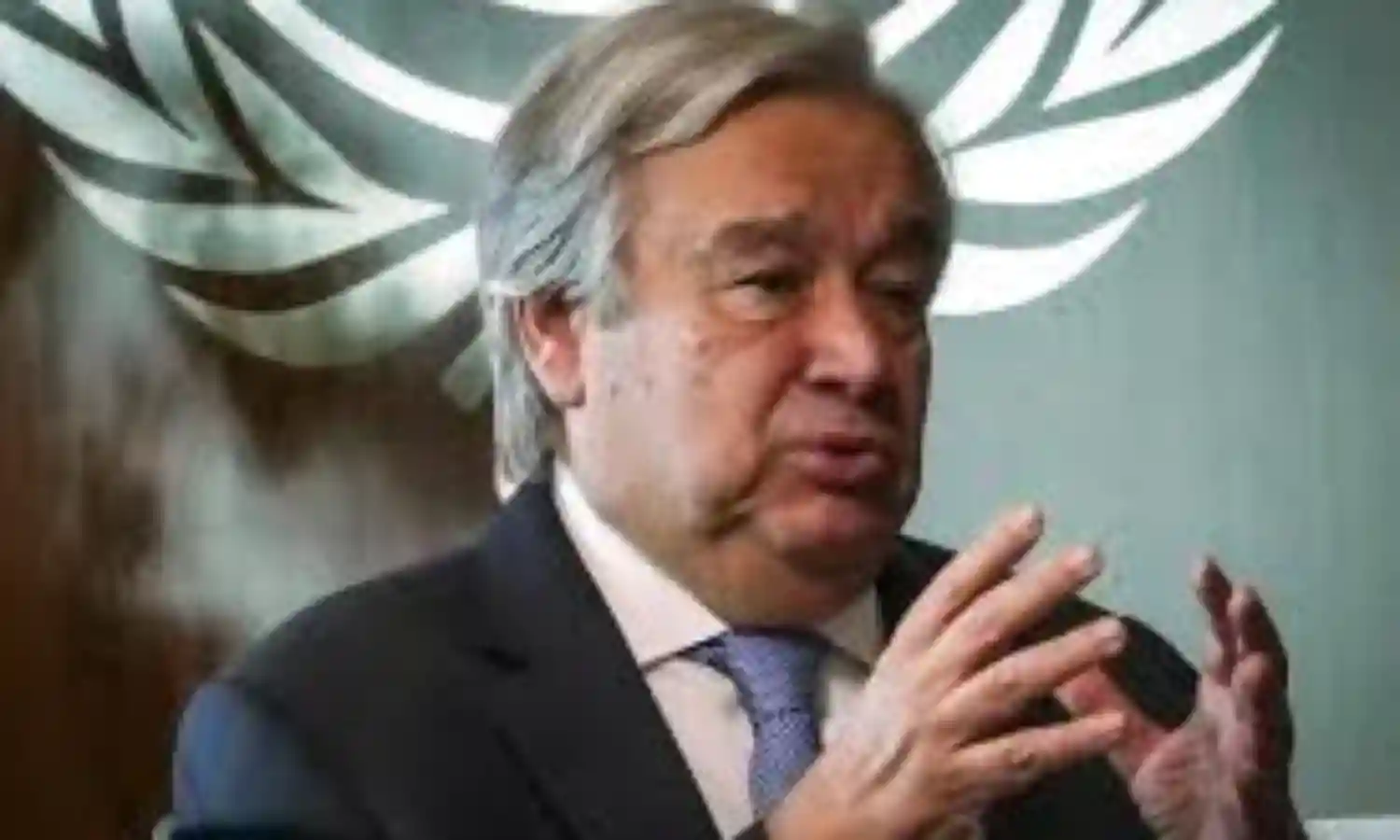UN scribe urges Russia to return to Black Sea Grain Initiative
The initiative had enabled the safe export of more than 32 million tonnes of food from Ukrainian ports.;

UN Secretary-General António Guterres has called on the Russian Federation to return to the implementation of the Black Sea Grain Initiative, along the lines of his proposals.
Deputy Spokesperson for the Secretary-General Farhan Haq said this while briefing journalists on Monday in New York on the participation of Guterres at the ongoing UN Food Systems Summit+2 Stocktaking Moment (UNFSS+2) in Rome, Italy.
Commenting on the recent decision by the Russian Federation to terminate the Black Sea Initiative, Haq pointed out the secretary-general said the picture had grown bleaker, given that the initiative had enabled the safe export of more than 32 million tonnes of food from Ukrainian ports.
The Initiative and the Memorandum of Understanding with the Russian Federation to facilitate Russian food and fertilizer exports have been lifelines for global food security and global food price stability.
“The secretary-general reiterated his commitment to facilitating the unimpeded access to global markets for food products and fertilizers from both Ukraine and the Russian Federation,’’ he said.
He urged the global community to stand united for immediate solutions in this essential effort.
He also had bilateral meetings with the Presidents of Sierra Leone, Nepal and Armenia.
While in Rome, the Secretary-General would also meet with Italian President Sergio Mattarella.
He had met the President of the Council of Ministers of the Republic of Italy, Giorgia Meloni.
The deputy spokesperson said that the UN chief attended the high-level event meant to build on the momentum of the 2021 Food Systems Summit.
The meeting is being hosted by the Italian government in collaboration with the Rome-based UN agencies, the UN Food Systems Coordination Hub and the wider UN system.
In his remarks at the event’s opening ceremony, the secretary-general underscored that global food systems were broken and billions of people were paying the price.
He highlighted that broken food systems were not inevitable, rather they were the result of choices we had made.
“In a world of plenty, it is outrageous that people continue to suffer and die from hunger,“ Guterres told the delegates.

